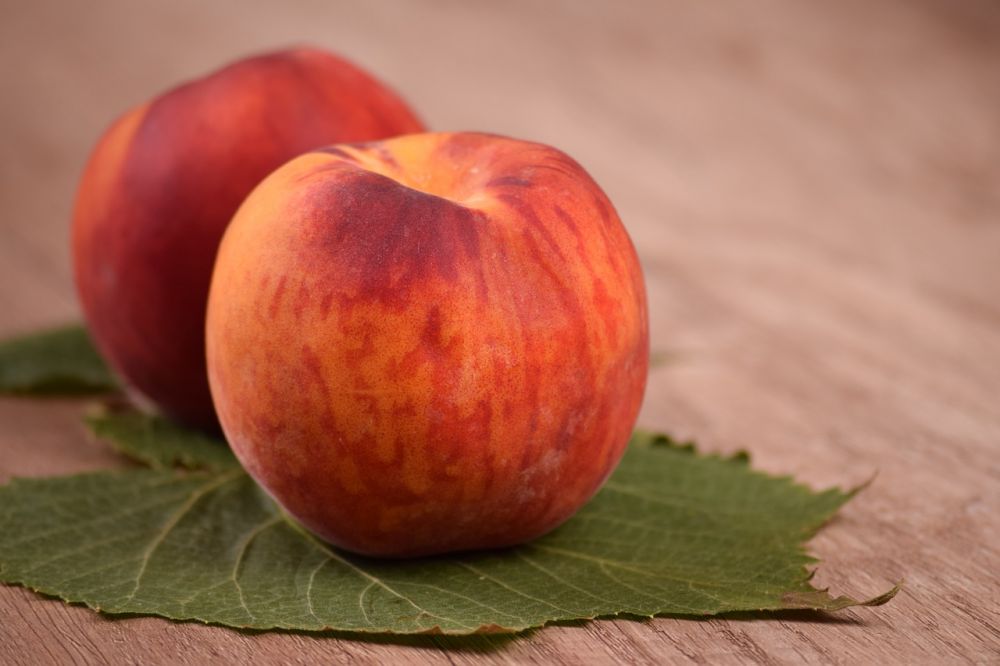Juice Diet: A Comprehensive Overview for Health Enthusiasts

Introduction:
In recent years, juice diets have gained popularity among health enthusiasts as an effective way to detoxify the body and achieve weight loss. This article aims to provide a thorough understanding of the juice diet phenomenon. From an overview of what juice diets entail, to exploring various types and their popularity, to delving into quantitative measurements, and discussing the differences and historical pros and cons, this article will provide an insightful exploration of the subject matter.
What is a Juice Diet?

A juice diet, also known as a juice cleanse or juice fast, is a dietary practice where an individual consumes only freshly prepared fruit and vegetable juices for a specific period. Participants eliminate solid foods and rely solely on the nutritional content of juices to meet their dietary requirements. The juices are typically made by extracting liquid from fruits and vegetables using juicers or blenders.
Types of Juice Diets and Their Popularity
There are several types of juice diets, each varying in duration and specific guidelines. The most common types include:
1. Full Juice Fast: This involves consuming only juices and water for a designated period, ranging from a few days to several weeks.
2. Modified Juice Diet: This variation allows for the inclusion of a few solid foods like fruits, vegetables, or lean proteins alongside the juice regimen.
3. Juice Detox: This type of juice diet focuses on cleansing the body by consuming nutrient-rich juices while eliminating processed foods, caffeine, alcohol, and other toxins.
The popularity of juice diets has increased significantly in recent years, with people embracing them as a means to jumpstart weight loss, boost energy levels, and improve overall well-being. Celebrities and influencers endorsing juice diets have further fueled their popularity, making them a preferred choice among health-conscious individuals.
Quantitative Measurements of Juice Diets
Juice diets have been subject to scientific scrutiny to assess their efficacy and impact on various health parameters. Several studies have investigated the nutritional composition of juices, changes in body weight, nutrient intake, and potential health benefits.
For instance, research has shown that juice diets can contribute to short-term weight loss due to the calorie restriction associated with consuming mainly juices. However, long-term weight maintenance remains a challenge once solid foods are reintroduced.
Furthermore, while juice diets provide essential micronutrients, they lack adequate amounts of macronutrients such as protein and fat. This deficiency may lead to muscle loss and slowed metabolism if followed for an extended period without proper balance and supervision.
Differences Between Juice Diets
Despite the overarching concept of juice diets, variations exist in terms of duration, ingredients, and specific goals. Some juice diets focus on weight loss, while others prioritize detoxification or overall health improvement.
Additionally, there can be variations in the types of fruits and vegetables incorporated into the juices, allowing individuals to customize their juice diet based on personal preferences or specific dietary needs.
Historical Review of Pros and Cons
Juice diets have been practiced for centuries in various cultures as a method of cleansing and nourishing the body. However, they have also faced criticism for their potential drawbacks.
Some of the advantages associated with juice diets include increased consumption of fruits and vegetables, the potential for improved digestion, increased hydration, and a kickstart to healthier eating habits.
However, potential disadvantages include nutrient deficiencies, unsustainable weight loss, feelings of hunger, and potential negative effects on metabolism and muscle mass.
Historically, the pros and cons have been debated, leading to the development of modified juice diets that aim to address these concerns while reaping the benefits associated with juice consumption.
Conclusion:
Juice diets have established themselves as a popular choice among health-conscious individuals seeking a way to cleanse their bodies and potentially achieve short-term weight loss. While they can offer benefits such as increased fruit and vegetable intake, it is essential to approach juice diets with caution.
Consultation with a healthcare professional is advised before embarking on a juice diet, especially for individuals with pre-existing medical conditions. It is crucial to strike a balance between nutritional adequacy, sustainable weight loss, and long-term health goals.
By gaining an understanding of the different types of juice diets, their nuances, and potential risks, individuals can make informed decisions regarding their dietary choices and overall well-being.





















